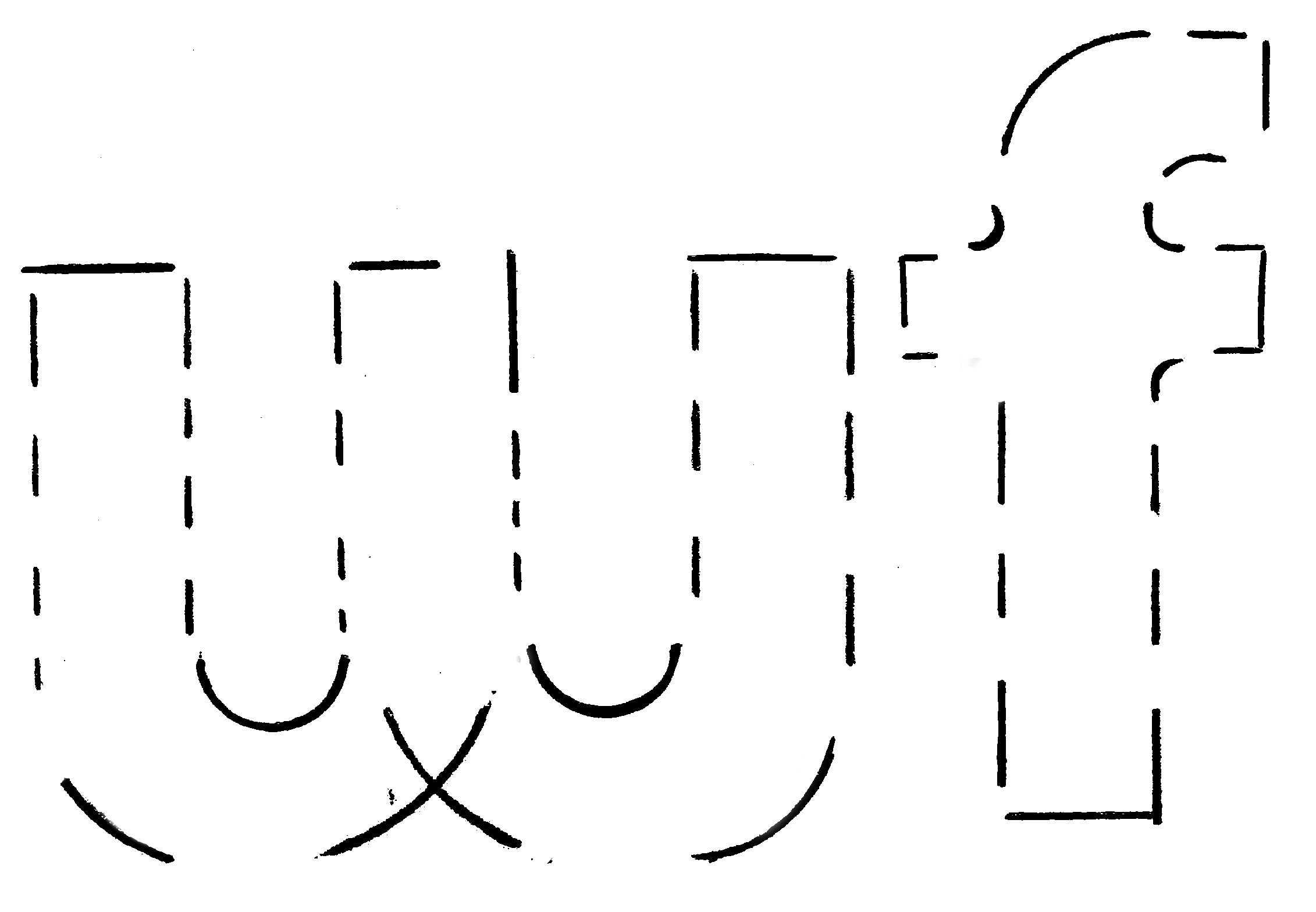Consent, Augment, Curve (against force)
Description:
To accompany her reading and talk on Anemones: A Simone Weil Project (2021), Lisa Robertson hosted a workshop for fifteen writers.
On the workshop, Robertson says:
“I hope we can talk and write through the ideas or actions of consent, augment, or curve, by drawing gregariously deviant lines among some texts by Simone Weil, Edouard Glissant, and Fred Moten.
This constellation came to me after I completed a small book on Simone Weil, Anemones, which includes my translation of her essay 'What the Occitan Inspiration Consists Of' (1942). In this essay, Weil cites Agathon’s speech from Plato’s Symposium, in order to open the idea that love is the practise of mutual consent, and that consent is what love shares with politics. By means of consent, love and just law remain the opposite of force, Weil says. She was writing as a migrant refugee trying to leave Nazi occupied France. Now we read her in a different world, but a world not less fractured by force.
Moten, in Black and Blur (2017), posits his wildly fugal thinking on a statement by Glissant: 'Consent not to be a single being.' For Moten, consent is augmentative, permitting the opacity of the comrade. In his text 'For Opacity' (1990), Glissant states 'Widespread consent to specific opacities is the most straightforward equivalent of non-barbarism.'
These texts can speak together if we give them that space. They share a baroque sensibility for the wild elliptical curve that has more than a single centre, the Keplerian curve that 'won’t stop, keeps getting deeper…this constant irruptive unfolding' in Moten’s terms.
I would like to see what happens if we read, think, and write together for an afternoon in accordance with this irruptive curve, which is also the elliptical curvature of consent.”
Presented in partnership with If I Can’t Dance I Don’t Want To Be Part Of Your Revolution.
